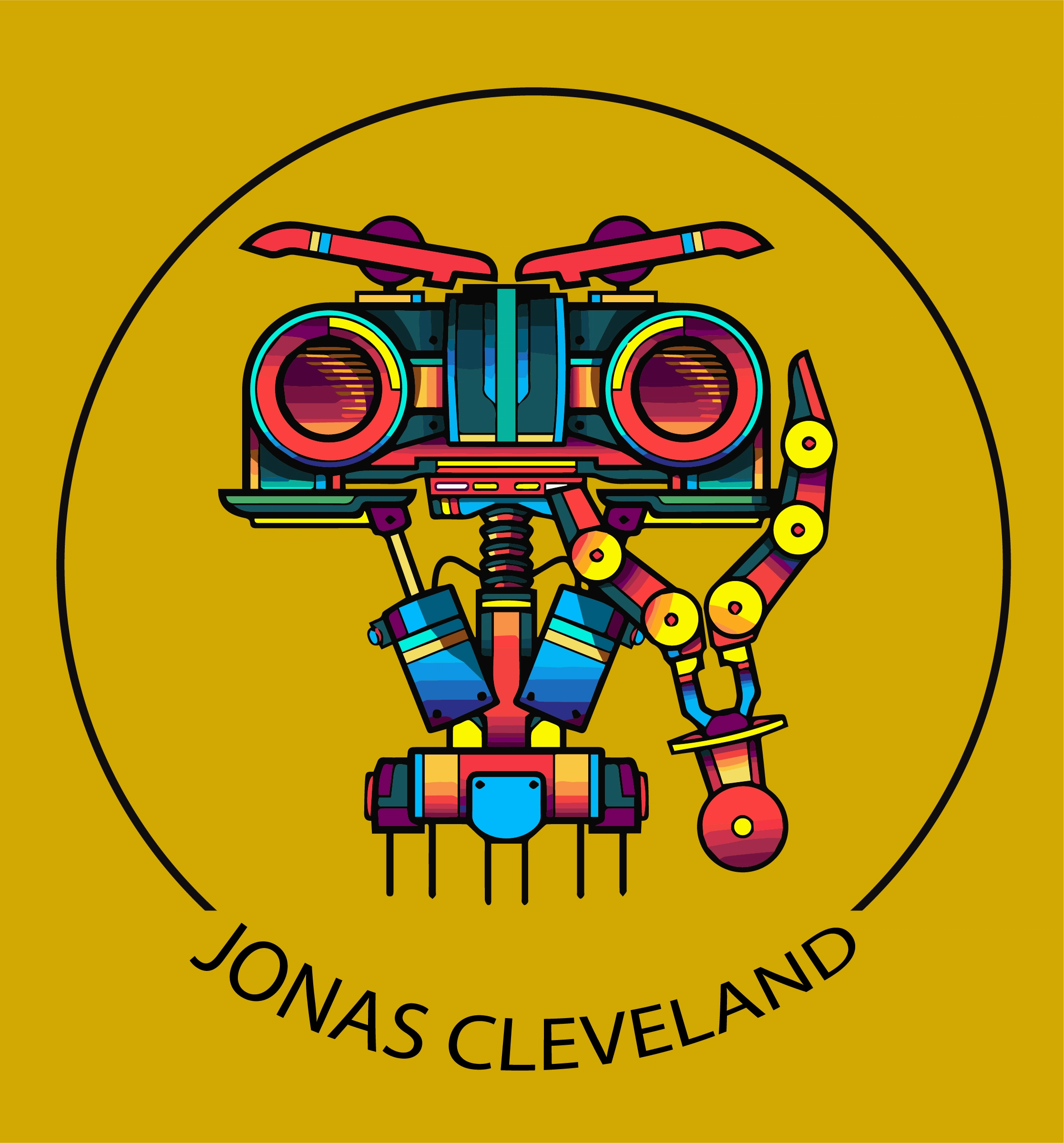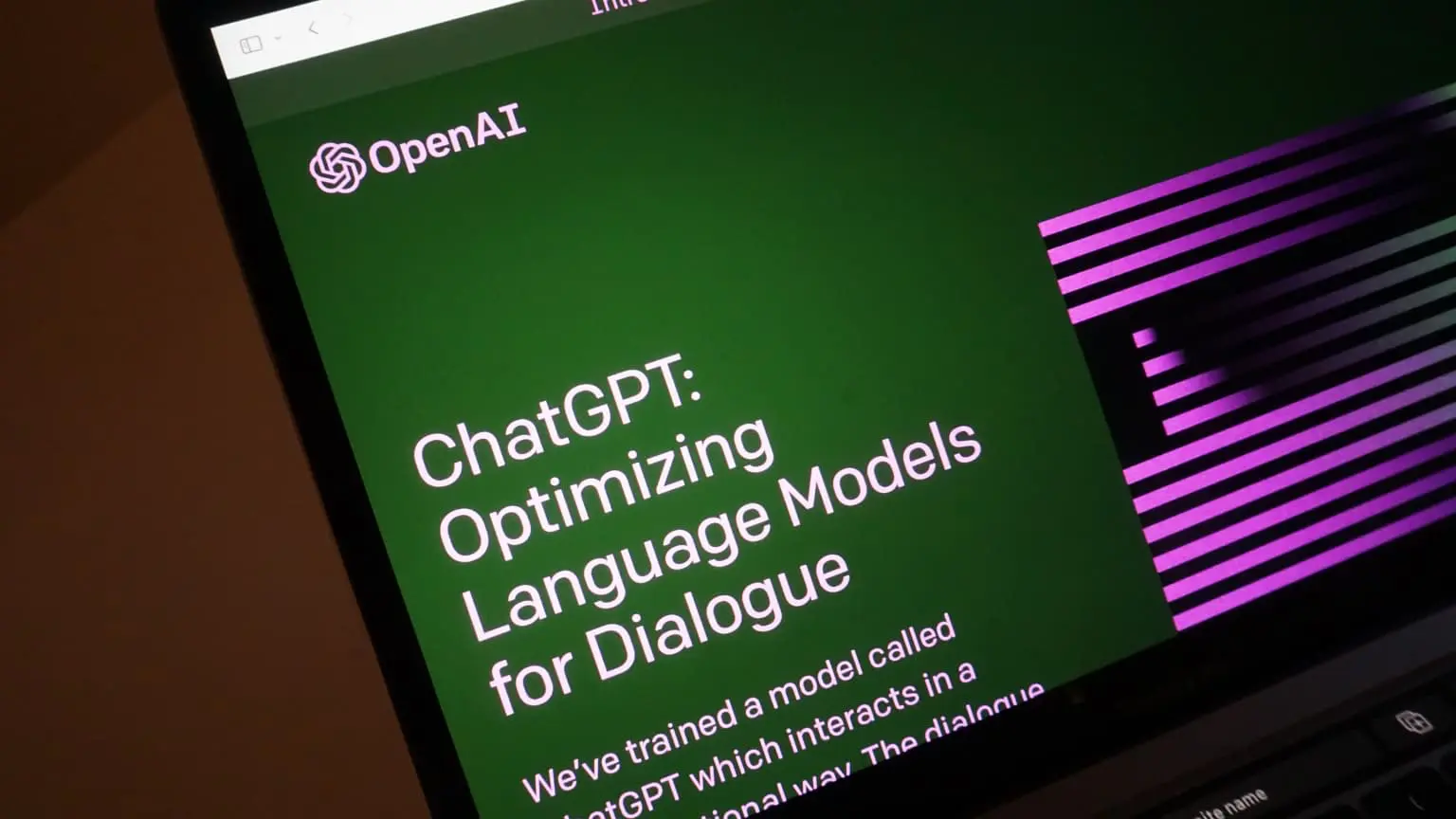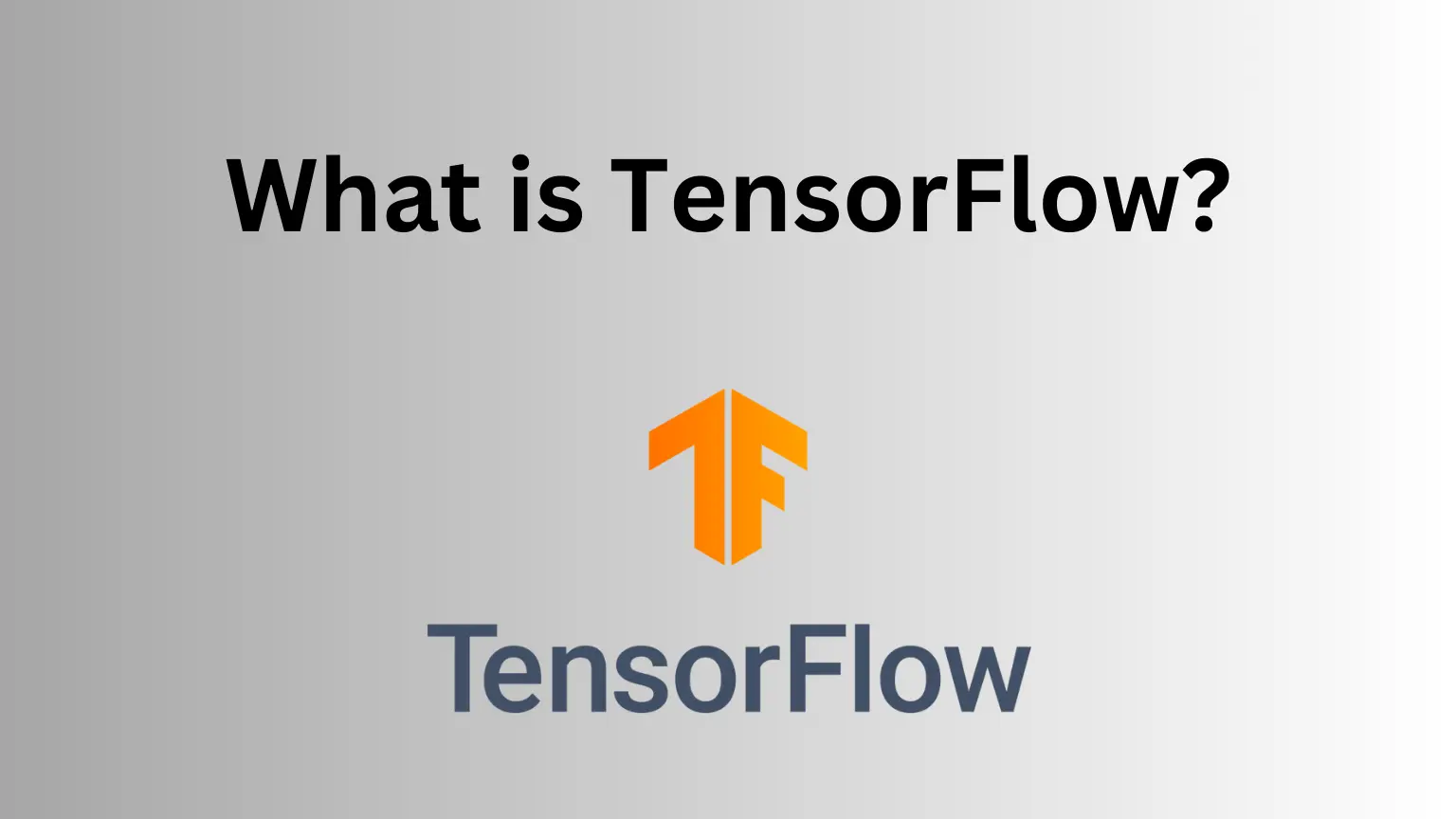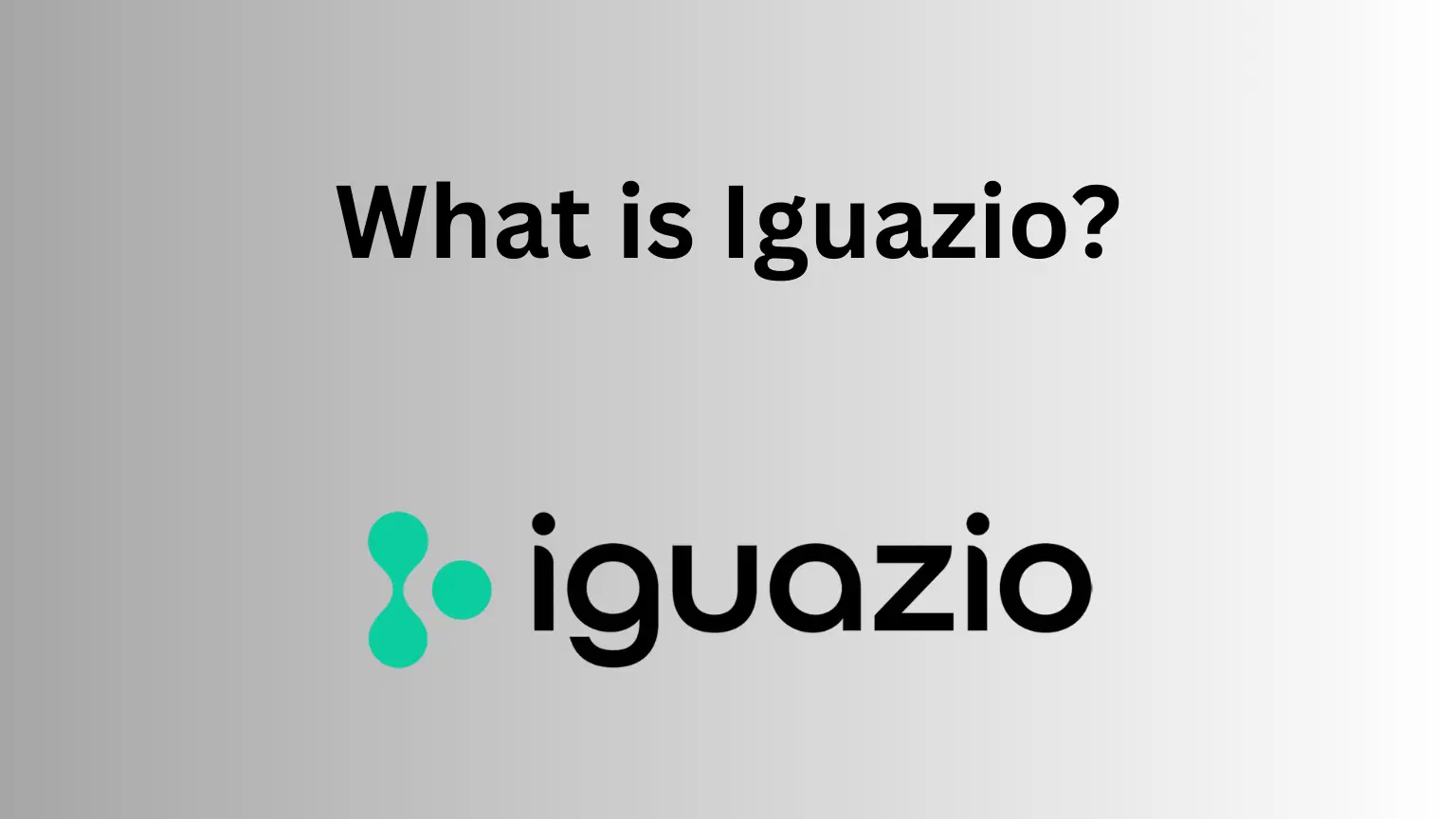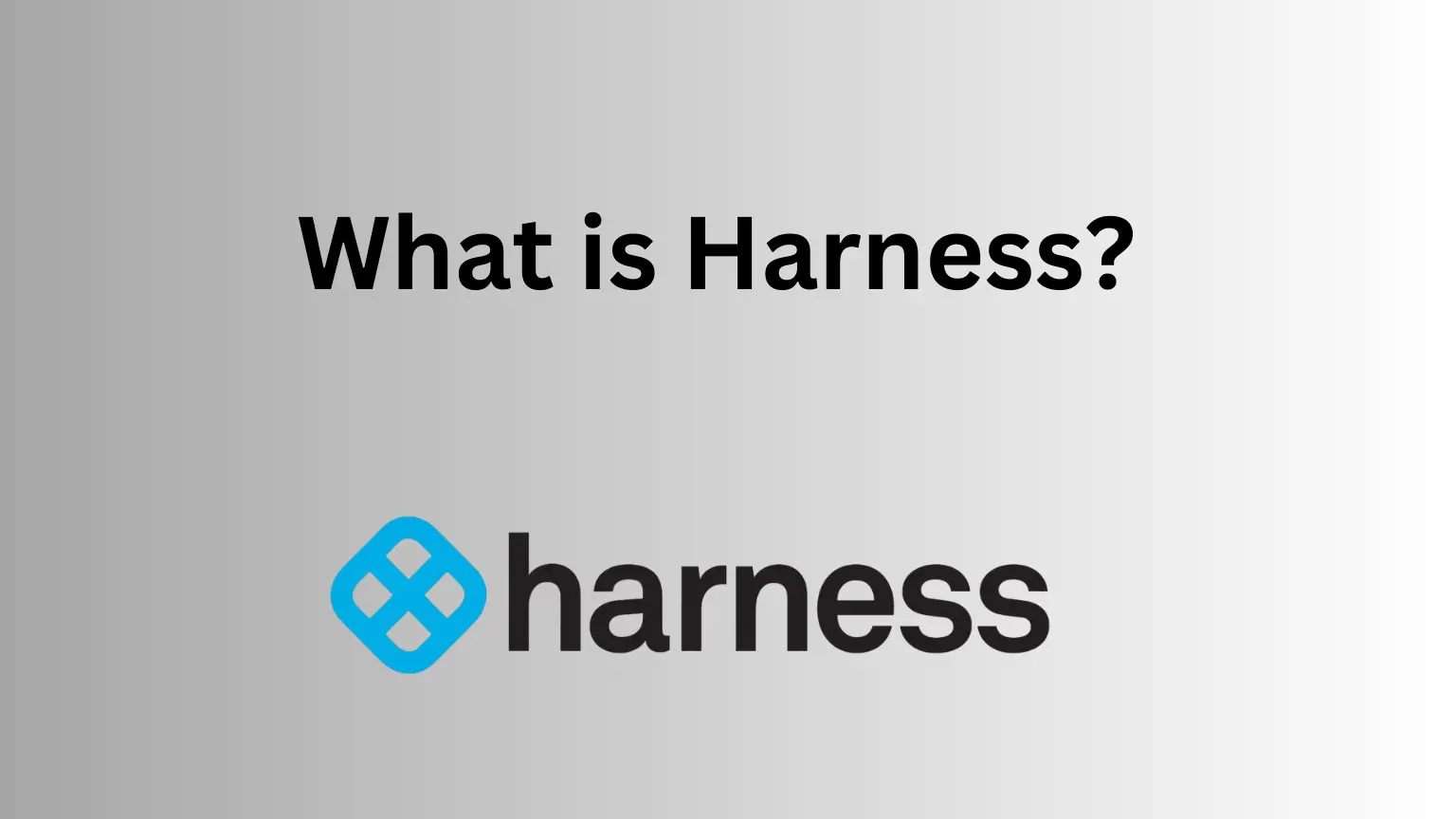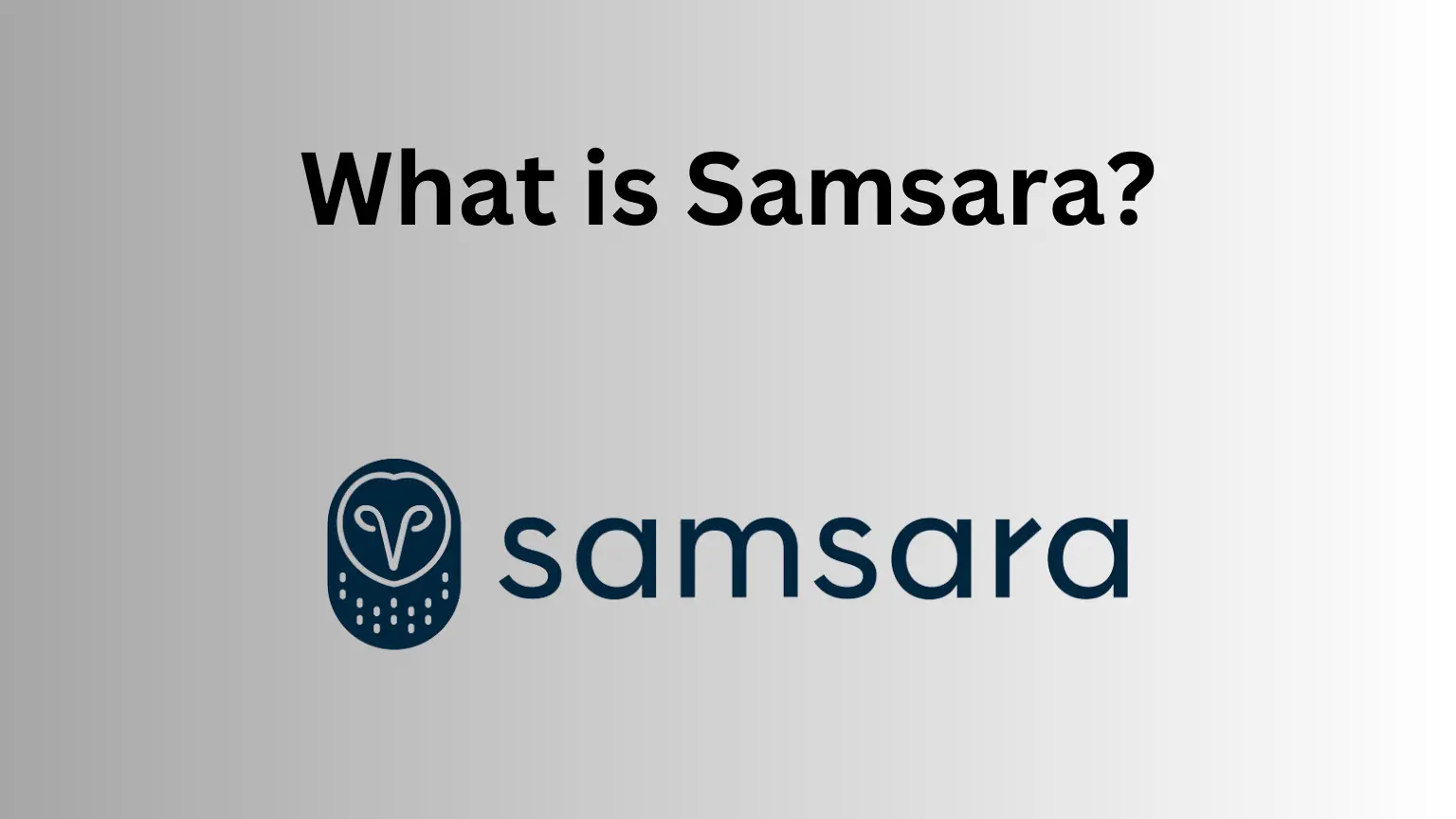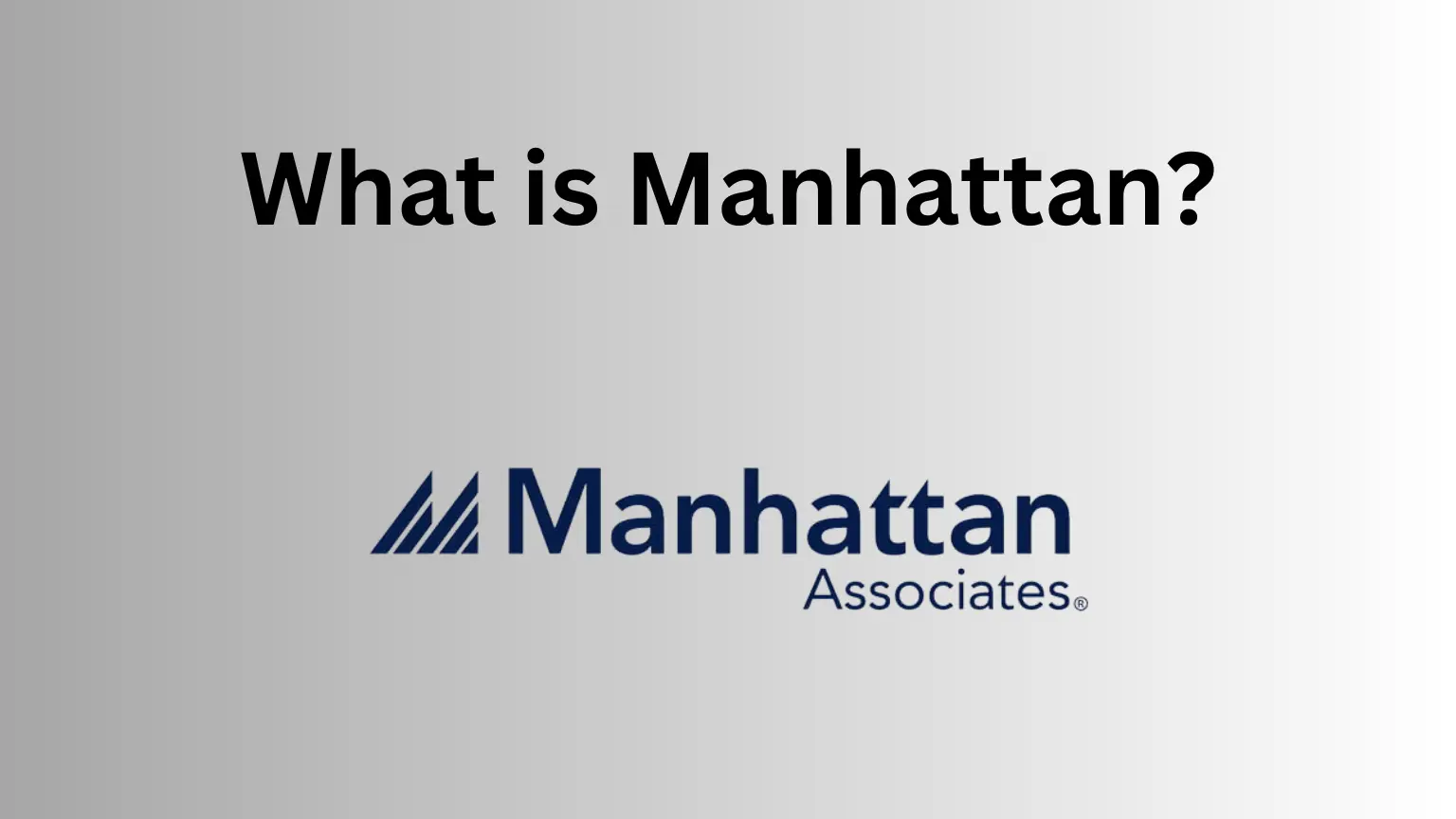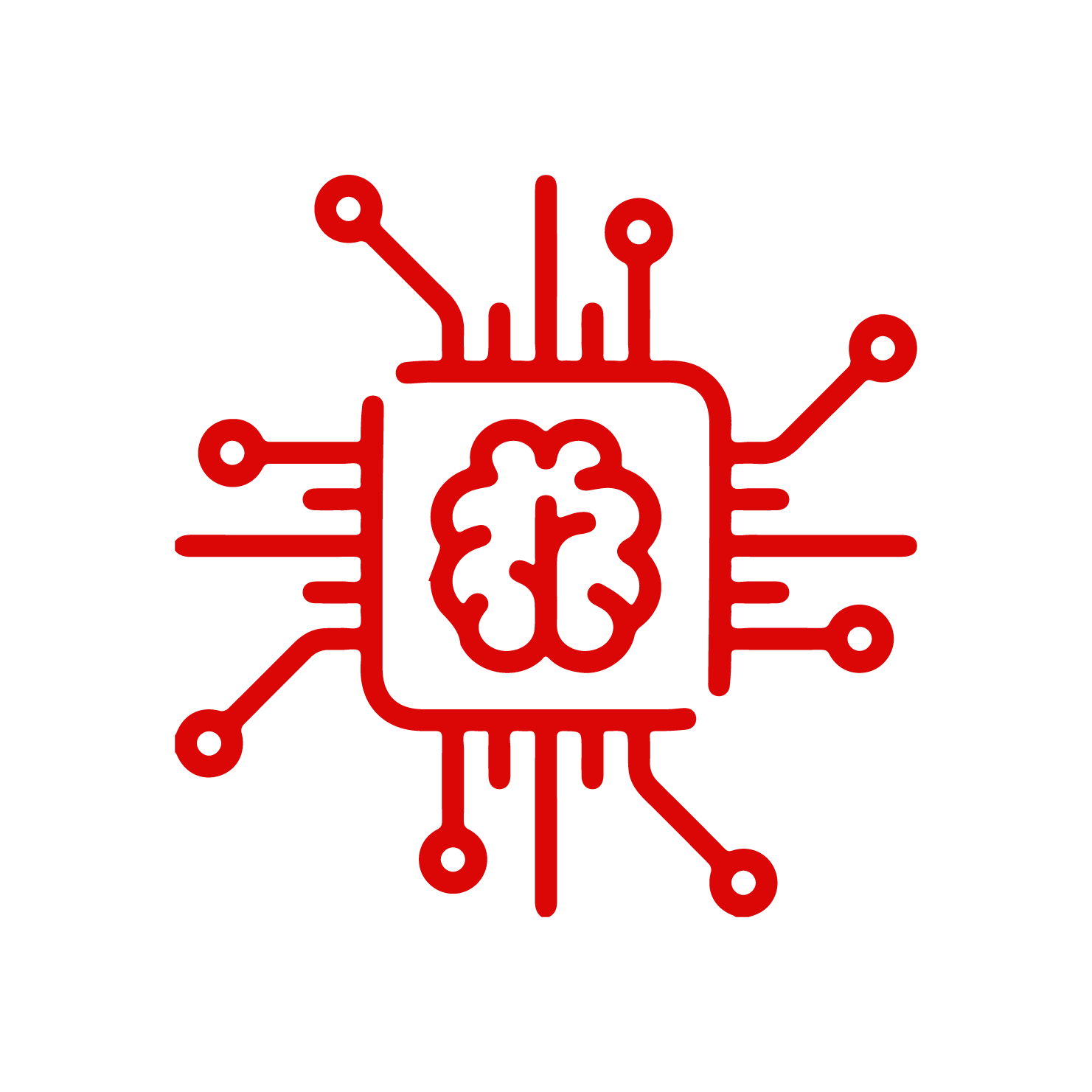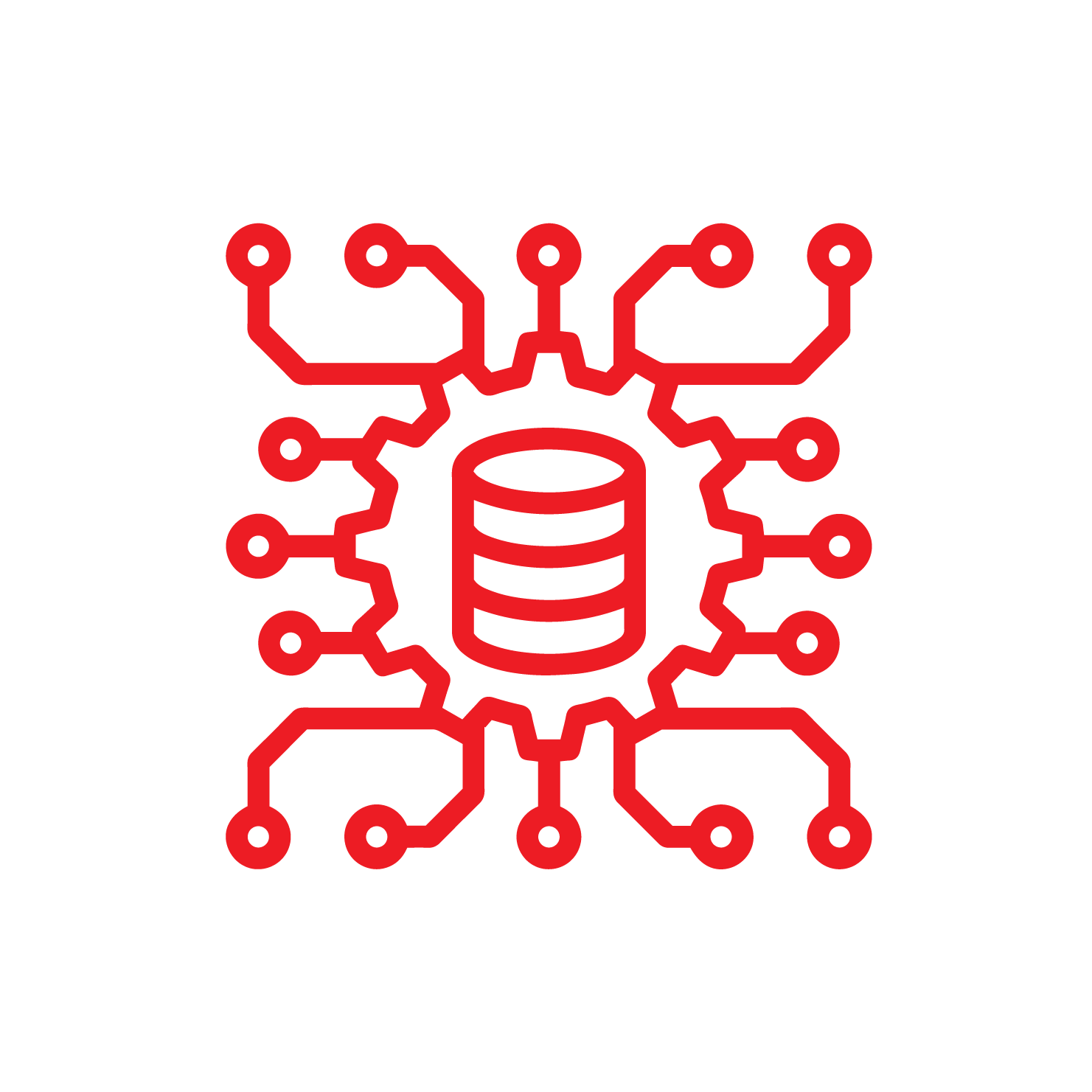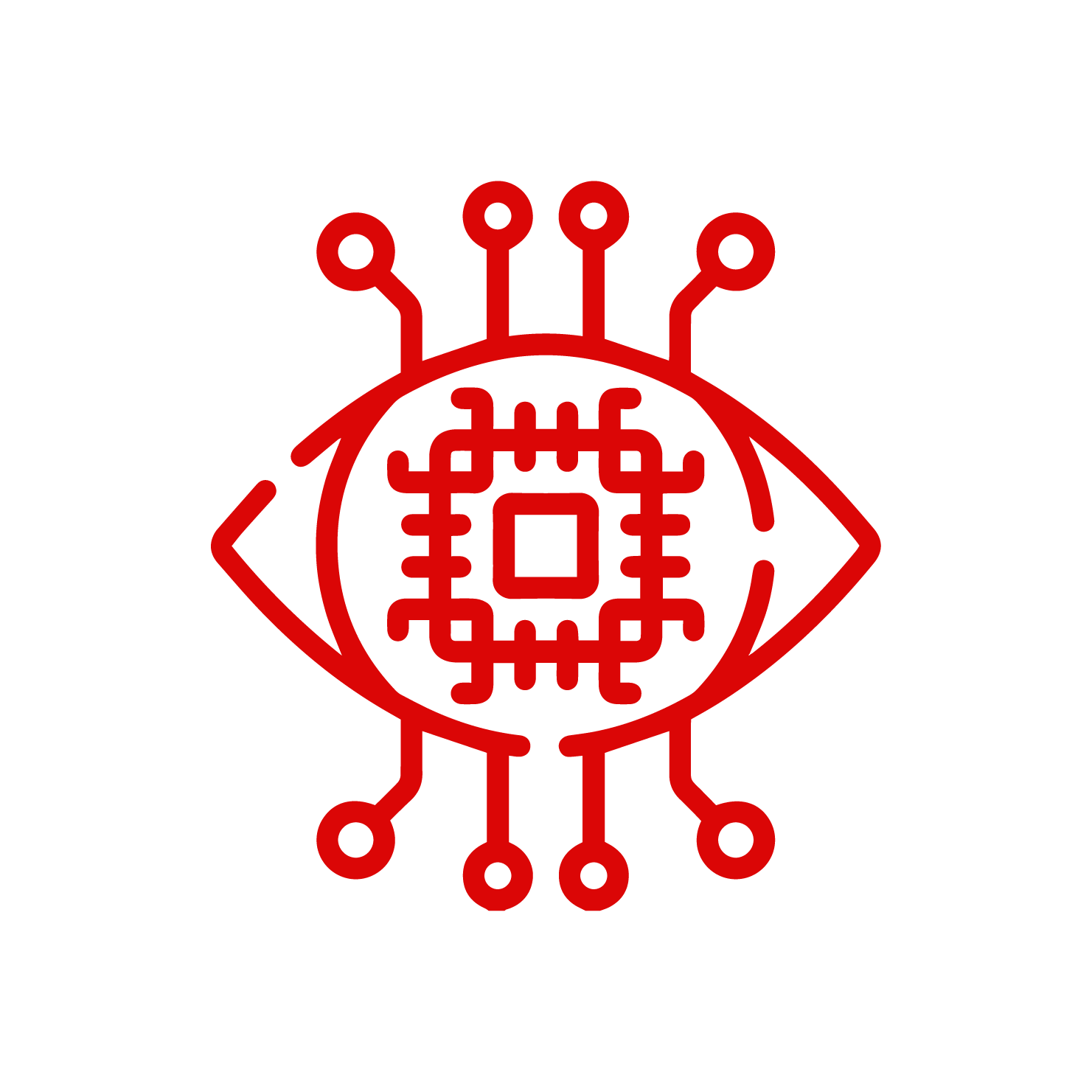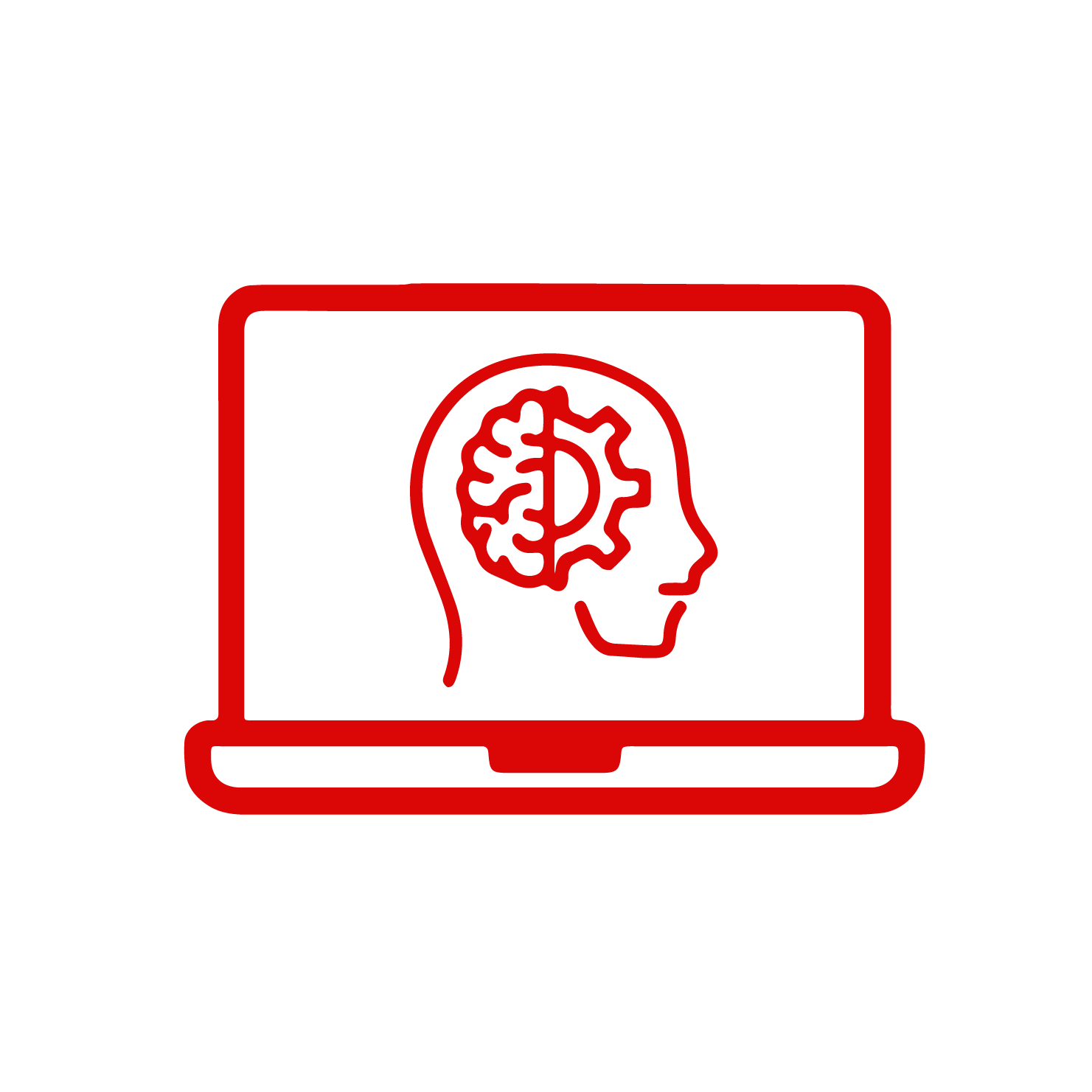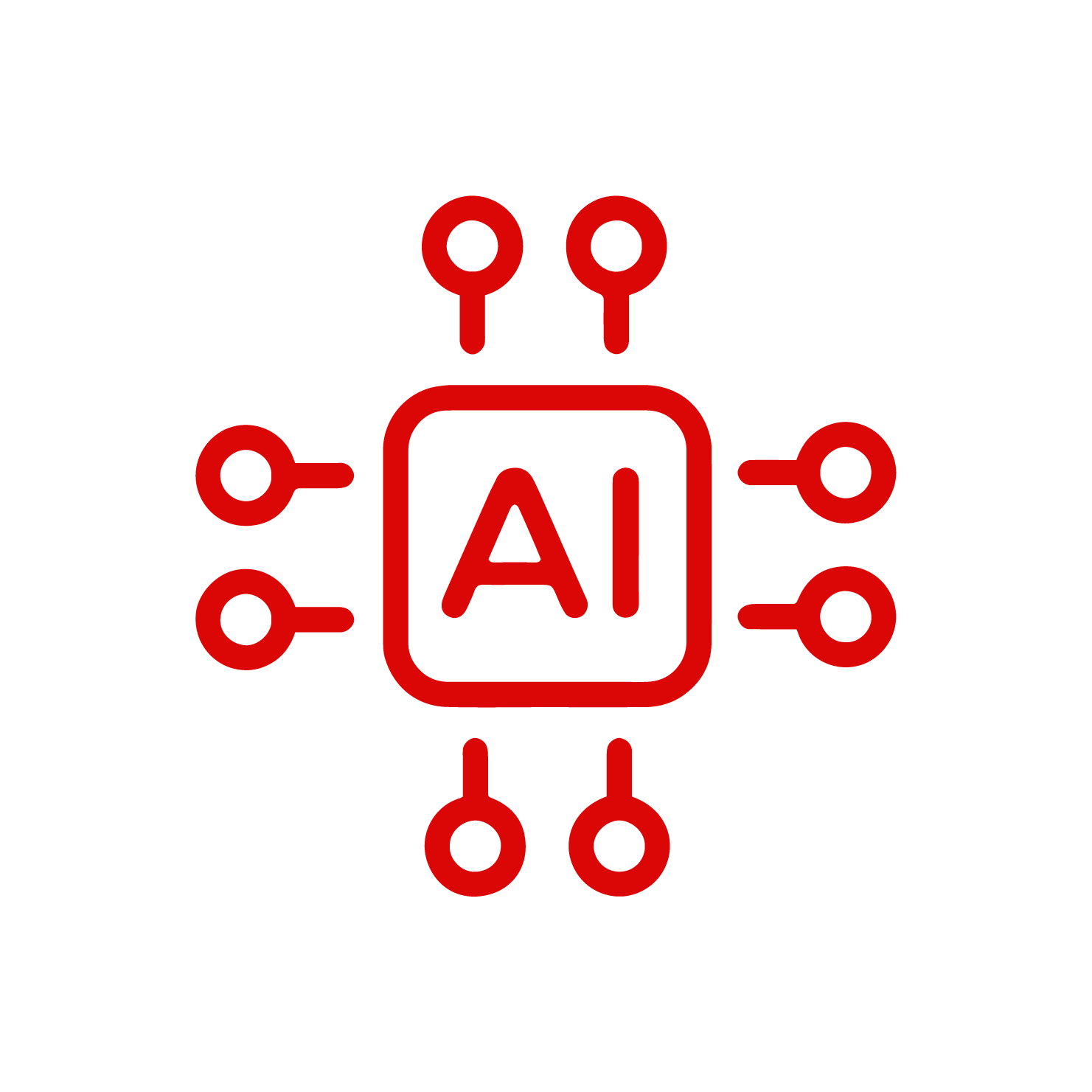The intersection of artificial intelligence (AI) and medical research has led to groundbreaking advancements in various fields, and one area that has witnessed significant progress is vaccine development. The fusion of AI’s computational power and vaccine research has resulted in the creation of vaccines that have the potential to shape the future of healthcare.
In this article, we will explore some of the most impactful vaccines Created with the Aid of AI, highlighting their significance and providing insights from authentic resources.
Most Impactful Vaccines Created with the Aid of AI. Some Insights!
1: FluGen’s AI-Generated Universal Influenza Vaccine Influenza, or flu, is a recurring global health concern due to the virus’s ability to mutate and evade immunity. FluGen, a biotechnology company, utilized AI to design a universal influenza vaccine.
Throuh AI-driven simulations, researchers identified conserved regions within the virus’s structure that could be targeted by a vaccine, thus reducing the need for yearly vaccine updates. The AI-designed vaccine has shown promising results in preclinical trials, raising hopes for a more effective and longer-lasting solution against seasonal flu strains.
[Source: FluGen]

2: Johnson & Johnson’s COVID-19 Vaccine
The rapid emergence of the COVID-19 pandemic prompted a global race to develop effective vaccines. Johnson & Johnson leveraged AI-driven techniques to expedite the development of their single-shot COVID-19 vaccine. AI helped in identifying potential vaccine candidates by analyzing large datasets of viral proteins and their interactions with human cells. This accelerated the initial stages of vaccine development, paving the way for a vaccine that plays a vital role in controlling the pandemic. [Source: Johnson & Johnson]
3: Biontech-Pfizer’s mRNA Technology
The collaboration between BioNTech and Pfizer resulted in the first authorized mRNA-based COVID-19 vaccine. AI played a critical role in the rapid design of mRNA sequences that encode the virus’s spike protein. This AI-driven approach allowed researchers to swiftly adapt the vaccine to emerging variants, showcasing the agility and versatility of mRNA technology. The vaccine’s success has opened new avenues for mRNA-based vaccines against other diseases. [Source: BioNTech]
4: Sanofi’s Dengue Fever Vaccine
Dengue fever, a mosquito-borne disease, poses a significant threat to global health. Sanofi Pasteur utilized AI to predict the vaccine’s effectiveness by analyzing data from clinical trials and epidemiological studies. This AI-assisted approach enabled researchers to refine the vaccine’s formulation, increasing its efficacy against multiple dengue virus serotypes. The resulting vaccine demonstrates how AI can enhance the precision of vaccine design.
[Source: Sanofi Pasteur]
5: Ava’s Malaria Vaccine
Malaria continues to impact millions of lives worldwide. Ava, a computational biology company, employed AI algorithms to analyze vast genomic datasets of the malaria parasite. This led to the identification of potential vaccine targets that were previously overlooked. The AI-guided approach expedited the selection of vaccine candidates, bringing us closer to a more effective solution against malaria.
[Source: Ava]
AI-Created Vaccine Successfully Stops Severe COVID-19 in Mice
The current array of COVID-19 vaccines has been meticulously designed to incite an immune response directed at the SARS-CoV-2 spike protein. However, the very nature of this protein renders it susceptible to mutations that could potentially undermine the vaccine’s efficacy over time. Seeking a more enduring solution, a dynamic collaboration between researchers at Penn State University and Evaxion Biotech materialized.
Their pioneering endeavor delved into an innovative realm – harnessing the power of artificial intelligence to fashion a vaccine that could withstand the test of mutating viruses. This watershed study not only marked the advent of AI-generated vaccines but also demonstrated their resounding effectiveness within the intricate theater of a live viral challenge model.
Unlike conventional vaccines, which concentrate on triggering antibody responses, this pathbreaking approach directed its focus towards T-cells – the vigilant defenders of our immune system. The symbiotic partnership between Penn State researchers and Evaxion Biotech yielded results that illuminated the potential of AI-driven vaccine creation. Notably, this study set a precedent by being the first to present an AI-forged vaccine in a tangible, live viral challenge model – a milestone that reverberated across the scientific community.
The ramifications of such a pioneering vaccine are profound. Its uniqueness lies in its potential to confer enduring immunity, capable of thwarting the onslaught of emergent variants that continually challenge the immune protection offered by traditional vaccines. This facet assumes even greater significance in the context of viral diseases prone to seasonal fluctuations, such as the perennially elusive flu.
Top 15 AI Generated Songs in 2023
Conclusion
The synergy between AI and vaccine development has ushered in a new era of healthcare innovation. The examples mentioned above highlight how AI-driven insights have expedited the discovery, design, and testing of vaccines against various diseases.
These breakthroughs not only address existing health challenges but also pave the way for a more proactive and adaptable approach to future outbreaks. As AI continues to evolve, its integration into vaccine research promises to revolutionize our ability to combat diseases and safeguard global well-being.
Remember that while AI has played a significant role, the collaborative efforts of scientists, researchers, and medical professionals remain crucial in bringing these vaccines from concept to reality.
